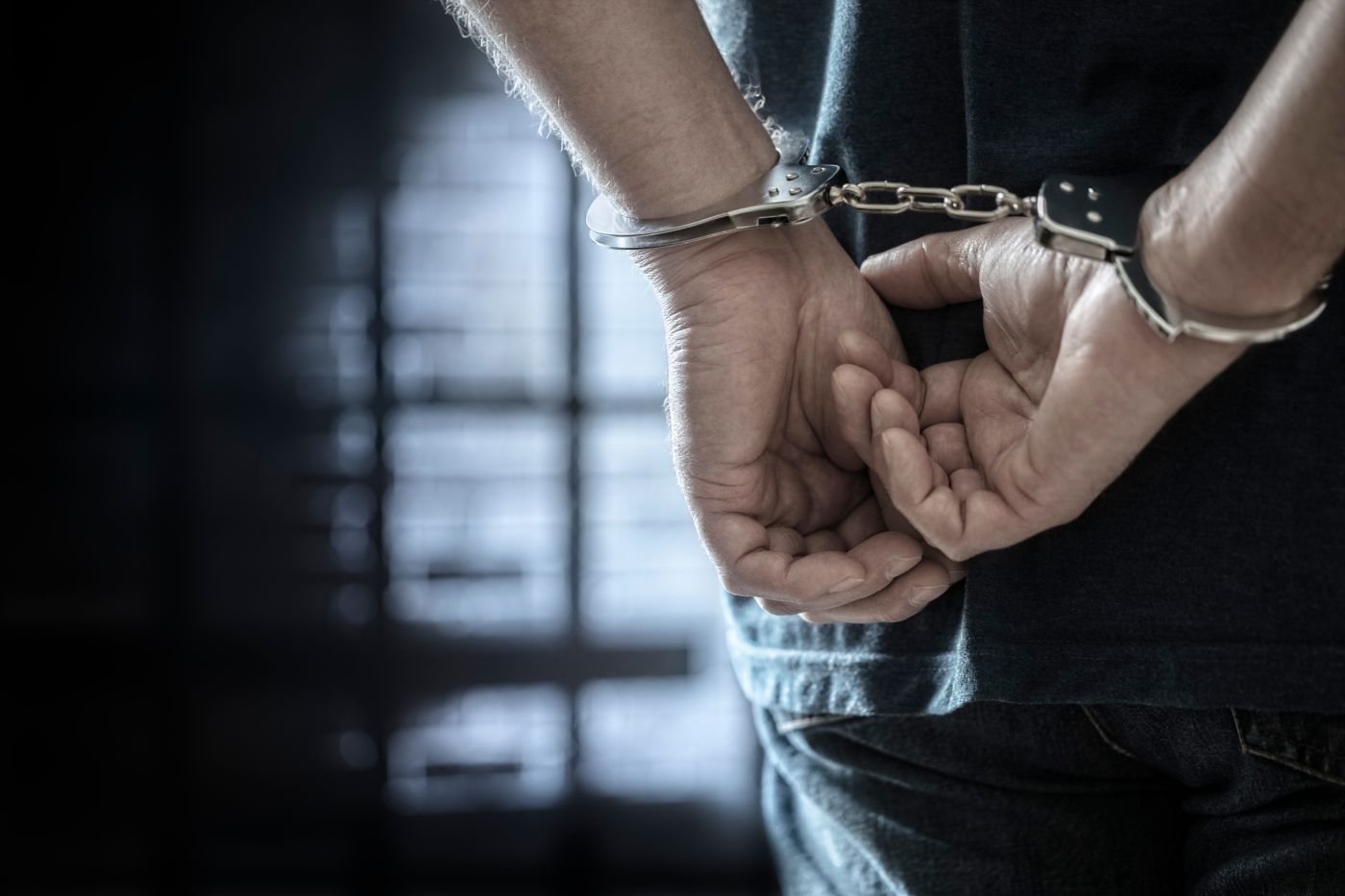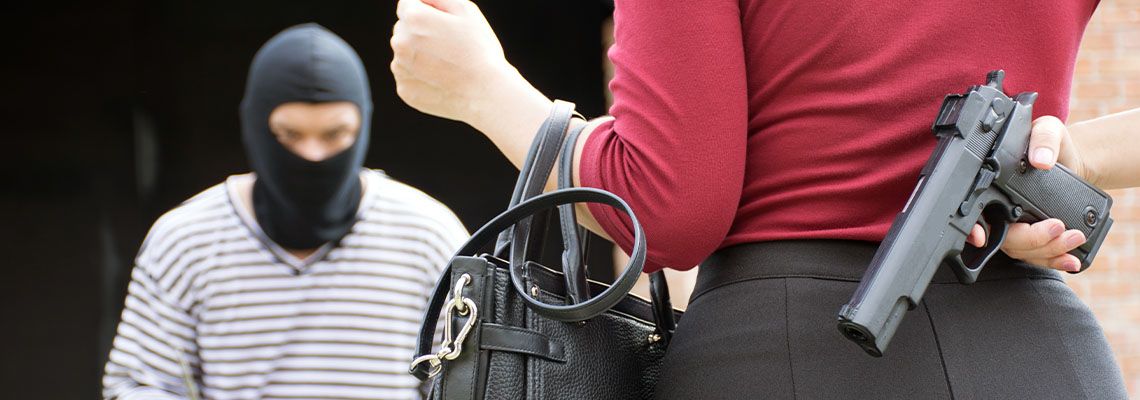
Facing charges for a violent crime can be one of the most overwhelming experiences of a person’s life. The fear, uncertainty, and potential consequences can feel crushing. These cases often carry severe penalties, including prison time and lasting effects on your record and reputation.
When accused of a violent crime, every decision matters. The right defense strategy can protect your rights and help you pursue a fair outcome. You deserve a strong advocate. Fort Collins, CO violent crimes attorney Kent Leier is here to help.
Reach out to The Leier Law Office LLC today to discuss your case with a dedicated defense lawyer who’ll fight to defend your freedom.
Assessing the Circumstances of the Case
Every violent crime case starts with a close look at what truly happened. Building a defense requires reviewing every detail — no fact is too small. The evidence gathered by police, the statements from witnesses, and the condition of the alleged crime scene all matter.
A skilled violent crime attorney reviews the prosecution’s case for weaknesses. Even a single inconsistency or procedural mistake could lead to reduced or dismissed charges. The defense should question whether police followed protocol, whether evidence was obtained legally, and whether witness testimony is credible.
Challenging the Prosecution’s Evidence
One of the most powerful defense tools is challenging the evidence itself. The prosecution must prove guilt beyond a reasonable doubt. Your attorney can identify flaws in how the evidence was gathered or presented.
Common ways to challenge evidence include:
Questioning chain of custody: Was the evidence handled correctly from collection to court?
Highlighting unreliable witnesses: Memory and perception can be inaccurate.
Examining forensic errors: DNA and fingerprint testing can produce false results.
Addressing police misconduct: Evidence from unlawful searches may be inadmissible.
If the evidence is unreliable or illegally obtained, the case against the accused weakens. This strategy often creates reasonable doubt and can shift the outcome in favor of the defense.
Proving Lack of Intent or Mistaken Identity
Intent is a crucial factor in violent crime cases. Prosecutors must show that the accused acted deliberately. Your Colorado defense lawyer can challenge this by demonstrating that the incident was accidental or misunderstood.
Sometimes, the wrong person is accused altogether. Mistaken identity is common in high-stress situations or poor lighting. Witnesses may sincerely believe they saw someone, but memory isn’t always reliable. Alibis, surveillance footage, and digital data can confirm that the accused wasn’t involved.
If there’s doubt about intent or identity, a conviction becomes much harder to justify. Establishing these defenses can be a turning point in the case.
Asserting Self-Defense or Defense of Others
Colorado law allows individuals to use reasonable force to protect themselves or others from harm. If the accused acted in response to an immediate threat, self-defense may apply. Your criminal defense attorney can build a strong case that the actions were justified.
Key elements of self-defense include:
Imminent threat: The accused reasonably believed harm was about to occur.
Proportional force: The response matched the threat level.
Defense of others: The same rules apply when protecting someone else.
When supported by evidence, a self-defense argument reframes the narrative. Instead of portraying the accused as violent, it shows they acted out of fear or necessity.
Arguing Constitutional Violations
The Constitution guarantees rights to every person accused of a crime. When those rights are violated, a violent crime defense attorney can file motions to suppress evidence or dismiss charges.
Common constitutional violations include:
Unlawful search and seizure: Evidence gathered without a warrant may be excluded.
Failure to read Miranda rights: Statements made afterward could be inadmissible.
Denial of legal counsel: Every person has a right to an attorney during questioning.
Coerced confessions: Threats or intimidation invalidate a confession.
If law enforcement fails to uphold these protections, the prosecution’s case may fall apart. Constitutional challenges often form a critical part of violent crime defenses.
Using Expert Witnesses to Strengthen the Defense
Expert witnesses can bring credibility and clarity to a violent crime case. Their testimony helps juries understand technical or scientific evidence that might otherwise be confusing.
Examples of expert witnesses include:
Forensic analysts: Evaluate DNA or fingerprint accuracy.
Medical professionals: Explain injuries or cause of death.
Psychologists: Discuss the accused’s mental state or trauma.
Ballistics experts: Analyze weapons or bullet trajectories.
Your criminal attorney may work closely with experts to expose inconsistencies in the prosecution’s evidence. Their insights can turn uncertainty into reasonable doubt, strengthening the defense.
Presenting an Alibi or Lack of Presence
Proving that the accused wasn’t at the crime scene is one of the strongest defenses available. An effective alibi provides a clear, verifiable account that conflicts with the prosecution’s story.
A skilled violent crime attorney will collect documentation, video footage, and witness statements to show the accused was elsewhere. Digital evidence — such as GPS records or phone data — can further support the alibi.
Once a credible alibi is established, the prosecution must explain how the accused could be in two places at once. That doubt often leads jurors to question the entire case.
Negotiating Plea Bargains When Appropriate
Not every violent crime case goes to trial. In some situations, negotiating a plea bargain can lead to a reduced sentence or lesser charges. Your defense attorney can guide clients through this process with full understanding of the consequences.
This approach may be suitable when the evidence is strong but mitigating factors exist, such as a clean record or proof of rehabilitation. A plea deal can help clients avoid the uncertainty of trial while limiting long-term penalties.
Though not ideal for every case, strategic negotiation can give defendants a chance to move forward with dignity and stability.
Examining Mitigating Circumstances
When a conviction seems likely, mitigation can still influence sentencing. Your criminal defense attorney can present factors that show the accused’s character, remorse, or efforts to make amends.
Examples of mitigating factors include:
First-time offense: A clean record may warrant leniency.
Mental health challenges: Certain conditions affect decision-making.
Provocation: The defendant may have reacted under pressure.
Rehabilitation efforts: Counseling or community work demonstrates growth.
By humanizing the accused, mitigation helps judges consider rehabilitation rather than punishment alone. This can make a meaningful difference in sentencing outcomes.
Building Credibility and Maintaining Consistency
Consistency builds trust with the court and jury. A reputable criminal attorney will prepare clients thoroughly, securing testimony aligns with the evidence and defense strategy.
Any contradictions can harm credibility. Every statement and document should reinforce a single, truthful narrative. When the defense presents a logical, consistent case, jurors are more likely to believe it.
In close cases, credibility can determine whether the accused is convicted or acquitted. Establishing trust is as important as the legal arguments themselves.
Contact an Experienced Lawyer
Facing violent crime charges can feel life-altering, but there are strong defense options available. The right violent crime attorney can protect your rights, challenge weak evidence, and advocate for your future.
If you or someone you love has been charged in Fort Collins, Colorado, or nearby areas like Loveland, Greeley, Windsor, or Evans, reach out to us at The Leier Law Office LLC. Attorney Kent Leier and our firm provide focused, compassionate defense for clients across Northern Colorado.



